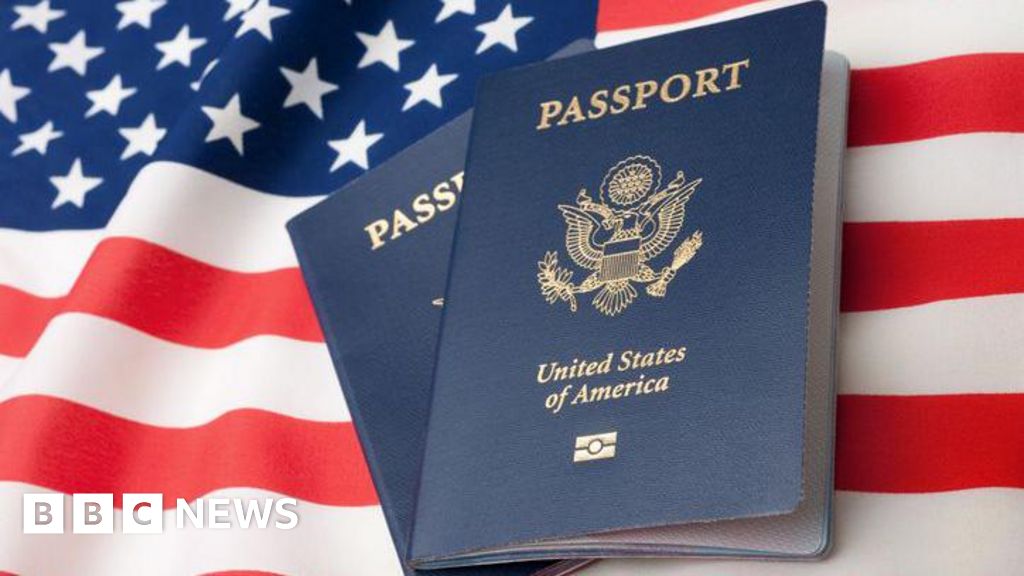Event JSON
{
"id": "5d052edd1346602da7b54ebd5dcb3f1f77141fc96537dfb1e3bf023535dad2ee",
"pubkey": "d771f820697df1b1150207429a7052ca3e4a3427abd12ee6b363c303dd86d4bb",
"created_at": 1739152376,
"kind": 1,
"tags": [
[
"r",
"https://www.bbc.com/news/articles/c983g6zpz28o"
],
[
"subject",
"Trump wants to end birthright citizenship. Where do other countries stand?"
],
[
"published_at",
"1739152271"
],
[
"image",
"https://ichef.bbci.co.uk/news/1024/branded_news/b84b/live/179cdf10-df27-11ef-a622-27240dd7c784.jpg"
],
[
"p",
"d771f820697df1b1150207429a7052ca3e4a3427abd12ee6b363c303dd86d4bb",
"wss://articles.layer3.news"
],
[
"imeta",
"url https://ichef.bbci.co.uk/news/1024/branded_news/b84b/live/179cdf10-df27-11ef-a622-27240dd7c784.jpg"
],
[
"t",
"mainstream:perspective"
],
[
"summary",
"The US is one of about 30 countries that grant automatic citizenship to anyone born within their borders, but many countries in Asia, Europe, and parts of Africa adhere to the jus sanguinis principle, where children inherit their nationality from their parents. The 14th Amendment was adopted to address the legal status of freed slaves, but some argue that the time may have passed for this particular strategy. Recent years have seen several countries revise their citizenship laws, tightening or revoking birthright citizenship due to concerns over immigration, national identity, and 'birth tourism'."
]
],
"content": "nostr:nprofile1qyd8wumn8ghj7ctjw35kxmr9wvhxcctev4erxtnwv4mhxqpq6aclsgrf0hcmz9gzqapf5uzjegly5dp840gjae4nv0ps8hvx6jas684m22\nhttps://ichef.bbci.co.uk/news/1024/branded_news/b84b/live/179cdf10-df27-11ef-a622-27240dd7c784.jpg\nThe US has historically given automatic citizenship to anyone born in the country, but this principle is not the norm globally.\nhttps://www.bbc.com/news/articles/c983g6zpz28o",
"sig": "fa2e50e12e57c157554d0deea9afc44ecc7ef29bde6be9458b26ceeff00db665590105db9a0df567313e398c86ef74b7f67a3d67f3cde26e6586ce5bdf01234d"
}


